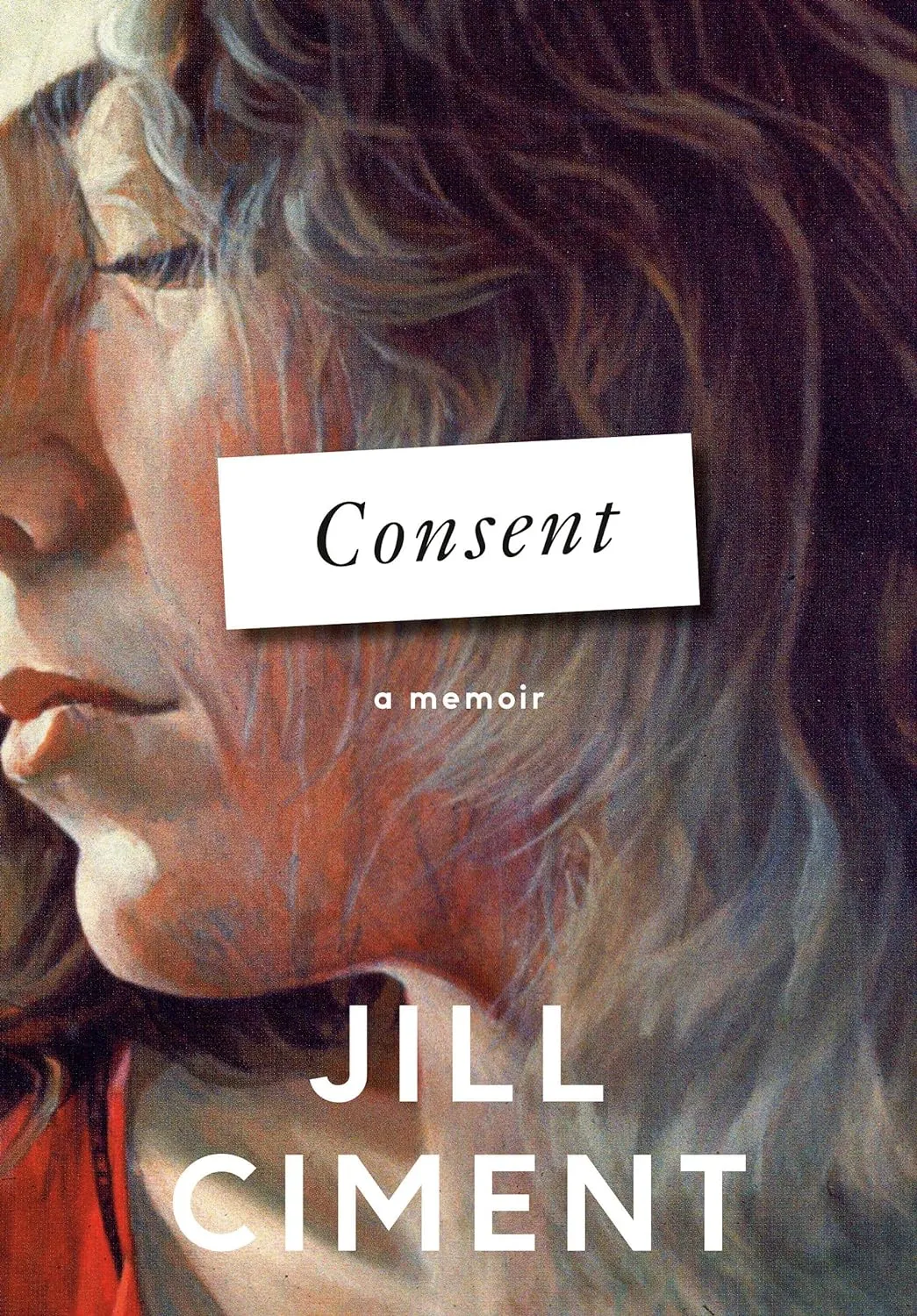
The story of how a couple meets, who kisses whom first, who declares their love first, is as instrumental to a couple’s mythology as a creation myth is to a society’s ideology. The ownership of those memories is wrested back and forth between the parties (the bickering and talking over and cutting in that couples resort to when recounting their beginnings) until one of the parties dies.
In both scenes from the memoir, Arnold is passive, either lost in thought or asleep when I appear like a nymph in the forest. There is empowerment in remembering oneself as the sexual aggressor, especially after modeling at Escapades. But I don’t believe that was my motivation.
When I wrote this, was I protecting Arnold? The statute of limitations had long ago passed.
Was I protecting my marriage? We had just celebrated our twenty-seventh anniversary.
I didn’t ask then, but I have to ask now that Arnold is no longer here to sway or dispute me. Was my marriage—the half century of intimacy, the shifting power, the artistic collaborations, the sex, the shared meals, the friends, the travels, the illnesses, the money worries, the houses, the dogs—fruit from the poisonous tree?
The point of view in a memoir is curious. The writer must trick the reader (and herself) into believing that she actually remembers how she felt decades ago. A memoir is closer to historical fiction than it is to biography. And as with historical fiction, the reader often learns more about the period in which the book was written than the period that is being written about.
The reader should not necessarily trust setting—place—in a memoir. Too often, it is distorted by nostalgia (the honey-colored meadow that is no more) or by trauma (the ominous shadow under the dank basement doorjamb).
(If you leave your wife for another woman, you might horse-trade for the better car, but if you leave your wife for a teenager, you take only your toothbrush.)
There are two voices in every memoir: old and young. For the previous scene, I employed the young voice by doing one simple trick. I took reflection out of the equation. The young voice doesn’t reflect; it just reacts.
Take these two sentences: “I had no desire to see my own cervix. The idea seemed distasteful to me in a way that group masturbation wasn’t.”
The old voice might have stopped the narrative to ask why group masturbation was more acceptable than womb gazing.
The old voice might have posited the answer: In 1971, what was sexually distasteful was adjudicated by men.
How a piece of art is judged has always been unstable. In the Middle Ages, for instance, a painting was either deemed good, in the service of God, or evil, in the service of the devil. At the height of the Romantic period, say, the 1700s in England, a painting was either pronounced beautiful, a Platonic idealization of nature, or ugly, showing nature unadorned, full of thorns and serpents. In 1971 at CalArts, a piece of art was either redrawing the boundaries of art—or it was pointless.
Where did Arnold get his energy? From me, of course. But please don’t equate this with an old vampire drinking a maiden’s lifeblood. To offer someone you love energy when you are practically bursting with it feels heady and magnanimous.
Lolita and Humbert Humbert marry and live happily ever after? Who would believe such a story? Who would believe a scene in which Lolita takes Humbert Humbert for cataract surgery? Or worries about his prostate? How would I compose the scene where Lolita arranges hospice care for the man who supposedly stole her childhood? Wouldn’t I have to include the day Lolita is at Humbert Humbert’s bedside when he dies? Isn’t that what happily ever after means? A love that lasts long enough that one lover is there to close the other lover’s eyelids?
Since moving to New York, the computer had sat idle, morning after morning, while I stared at the blinking cursor below the last sentence that I had managed to type before I went rigid. Time and again, the sentence had contorted, retched, sickened, died, rotted, yet a mysterious bud of life kept reappearing, shaming me from abandoning it.
Does a story’s ending excuse its beginning?
Does a kiss in one moment mean something else entirely five decades later?
Can a love that starts with such an asymmetrical balance of power ever right itself?
I crossed the room and stood over him. He stirred and opened his eyes. There might be a dispute about our first kiss, but there could be none about our last.